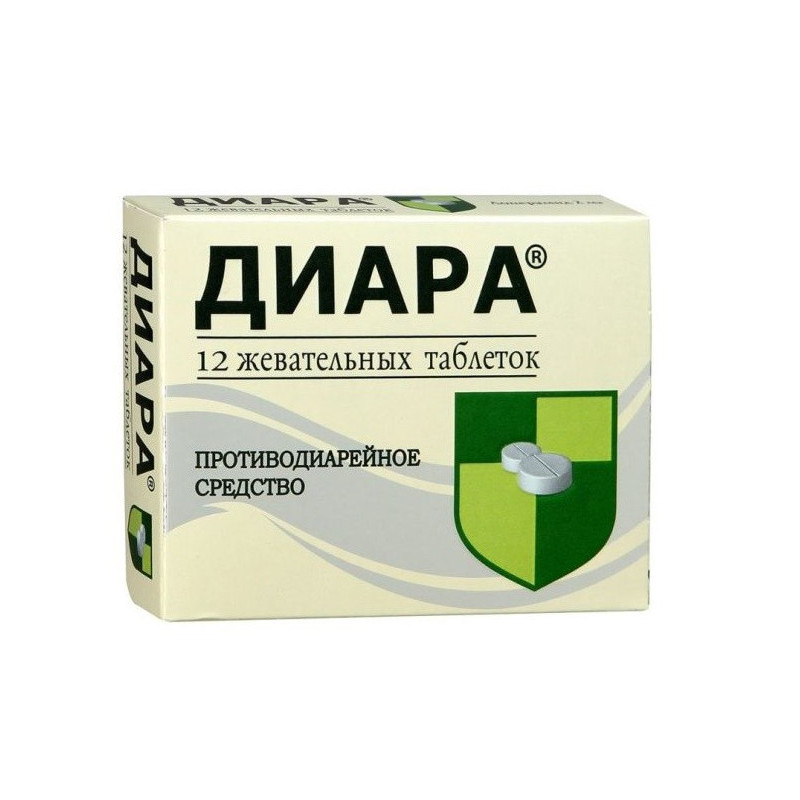



 All payments are encrypted via SSL
All payments are encrypted via SSL
 Full Refund if you haven't received your order
Full Refund if you haven't received your order
Hypersensitivity to the drug; diverticulosis; intestinal obstruction; ulcerative colitis in the acute stage; diarrhea with acute pseudomembranous enterocolitis; in the form of monotherapy for dysentery and other infections of the gastrointestinal tract (GIT); pregnancy (I term) and lactation; children under 6 years old. With care: liver failure.
Gastralgia, dry mouth, allergic reactions (skin rash), drowsiness, dizziness, intestinal colic, nausea, vomiting, constipation. Extremely rare - intestinal obstruction.
Inside, chewing, drinking water. Adults with acute and chronic diarrhea are prescribed in an initial dose of 2 pills (4 mg); then 1 pill (2 mg) after each act of defecation (in the case of liquid stool); The maximum daily dose is 8 pills (16 mg). For children over 6 years old, in the case of acute diarrhea, 1 pill (2 mg) is prescribed in the initial dose, then 1 pill after each defecation event (in the case of liquid stool); The maximum daily dose is 3 pills (6 mg). When stool is normalized or if there is no stool for more than 12 hours, Dyaroy treatment should be stopped.
Symptoms: depression of the central nervous system (CNS) - stupor, incoordination, drowsiness, miosis, muscle hypertension, respiratory depression; intestinal obstruction.
Treatment: antidote - naloxone; Considering that the duration of Loperamide is longer than that of naloxone, it is possible to reintroduce the latter.
Symptomatic treatment: Activated carbon, gastric lavage, artificial lung ventilation (ALV). Medical supervision is required for at least 48 hours.
Diar is not recommended to be taken during pregnancy, breastfeeding and children under 6 years.
In the absence of effect within 48 hours, the use of the drug should be discontinued and consult a doctor.
Store in a dry place protected from light at a temperature not exceeding 25 ° C. Keep out of the reach of children.
